Still Getting 'Healthy' Wrong
Coming out of Natural Products Expo West, the food industry is once again abuzz with popular health & wellness trends—keto, CBD, and oatmilk among them.
Overall, the trend continues to be toward healthy foods that help consumers meet their lifestyle goals, whether that's to lose weight, ward off chronic disease, or simply ensure they are eating a well-balanced, nutritious diet that can effectively fuel their busy days.
Conagra is an example of one CPG food company that has been on a mission to remake much of its portfolio, in good part through acquisitions, to better meet the demands of the health-conscious consumer. At Expo West, the company was focused on just those sort of brands, including Angie's Boomchickapop, Frontera, Gardein, Udi's, evol and Earth Balance.
To see a company previously best known for brands such as Duncan Hines, Chef Boyardee, and Hungry-Man so focused on better-for-you brands is a net positive and true indication of how the food industry is reshaping itself due to consumer demand for healthier foods at the grocery store.
Unfortunately, after years of growth and expansion all across the health & wellness category, we are still not all on the same page when it comes to the definition of healthy.
Take, for example, this quote from Conagra's VP and GM of Snacks and Sweet Treats that appeared in a Food Business News recap of Conagra's Expo West appearance:
"The headline for Conagra is we see the definition of healthy as expanding. It used to be very narrowly defined as natural. Where we’ve evolved is to this idea of cleaner labels, things that are Non-GMO Project verified, things that are organic items, things that we see as being made in smaller batches…That’s how we tend to see the modern definition of health evolving."
Can you spot the problem? None of the attributes cited as being part of either the previous or expanding definition of "healthy" are necessarily, well, healthy.
Setting aside the fact that no one can really agree on what natural or clean label means, the fact that foods are deemed natural or have a clean label does not necessarily make them healthy. I hope we can all agree that a "natural" ice cream with a "clean label" featuring nothing but cream, chocolate and sugar is not a health food. Nor are small batch, fried snack chips made with lots of oil and salt, but organic, non-GMO potatoes.
Natural, clean label, organic, non-GMO, small batch—all of these attributes have their place in the CPG food world and appeal to consumer segments for varied and often important reasons. But they do not automatically equal healthy. Can non-GMO, organic, natural and clean label foods be healthy? Of course, but those attributes in and of themselves aren't what make foods healthy.
For CPG food companies to truly meet the preferences and desires of consumer for healthier foods, they need to deliver the goods and shoot straight.
First, that means offering foods based on solid nutrition—with more of the nutrients that benefit us and less of the ones that don't. Second, that means educating consumers—both about their products and about healthy eating in general—with trust and credibility. Just saying something is healthy doesn't make it so. Consumers are savvier than ever about health & wellness, and they are increasingly turning to trusted sources like health professionals for guidance about what to eat. Our advice to food brands is to meet them on the high ground.
